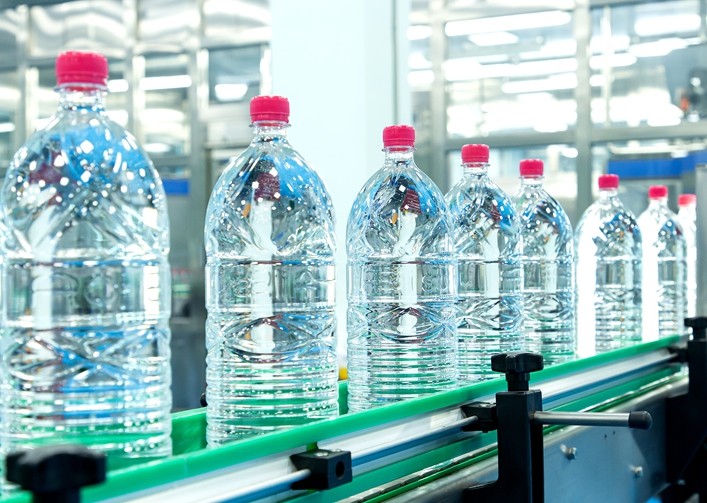As the climate crisis becomes a part of everyday life, disasters like heatwaves, droughts, and water shortages are no longer exceptional situations but part of the daily routine. In this context, the city of Seoul is reimagining the direction of its public water policy. At the center of this initiative is ‘ByungMul Arisu.’
Seoul has announced plans to supply 900,000 bottles of ByungMul Arisu this year. These bottles are not just ordinary drinking water. In heatwave-affected areas, residential areas with water shortages, and civil defense shelters where access to drinking water is suddenly cut off due to unexpected disasters, these bottles act as a ‘lifesaving measure’ for the most vulnerable citizens.

Last year, the city of Seoul supplied 670,000 bottles of ByungMul Arisu, with 270,000 bottles directly delivered to heatwave-vulnerable groups. Arisu provided through refrigerators installed at Tapgol Park has significantly helped prevent heat-related illnesses among the elderly. Furthermore, since December 2023, Seoul has stocked about 250,000 bottles of ByungMul Arisu in 2,181 civil defense shelters across the city, aiming to ensure a minimum survival base during disasters.
The city is expanding this approach to ‘gu-district unit symbiosis.’ Last year, it supported approximately 50,000 bottles of ByungMul Arisu to various disaster sites across the country, including the Icheon water quality incident, Incheon electric vehicle fire, and the drought incident in Chungnam. Water functions as a public resource that facilitates inter-municipal cooperation in crisis situations, rather than being confined within city limits.
However, it is noteworthy that Seoul does not merely stop at distributing water. Since 2018, ByungMul Arisu has been gradually transformed into ‘eco-friendly bottled water.’ The weight of plastic bottles has been reduced by 26.3%, labels have been removed to improve recyclability, and laser printing has been introduced in place of chemical dyes. From 2023 onwards, all production is done using 100% recycled PET, which is expected to reduce greenhouse gas emissions by approximately 21 tons this year, according to Seoul’s projections.
Moreover, continuous innovation is being attempted in the method of bottle production, such as the introduction of integrated caps and nitrogen charging technology. In light of the Ministry of Environment’s active push for mandating the use of recycled plastics in future bottled water production, Seoul’s proactive attempt can serve as a ‘model case.’
Water is the most basic element for human survival. In the era of the climate crisis, water is now an ‘experiment of climate solutions’ and a ‘sustainable public service’ that cities need to provide. ByungMul Arisu is not just bottled water. It represents Seoul’s effort to protect its vulnerable citizens while fulfilling its environmental responsibilities.
Lee Hwa-Seung, the head of Arisu Headquarters in Seoul, said, “Arisu has obtained an environmental product declaration certification indicating that its carbon emissions are 639 times lower than those of regular bottled water,” adding, “We will continuously expand policies that reflect eco-friendly values not only in disaster response but also in the production process.”
‘ByungMul Arisu’ serves as one of the solutions showcasing how a city can protect the basic rights of citizens during crises and fulfill environmental responsibilities for the future. In the era of the climate crisis, such experiments will not be confined to Seoul alone.